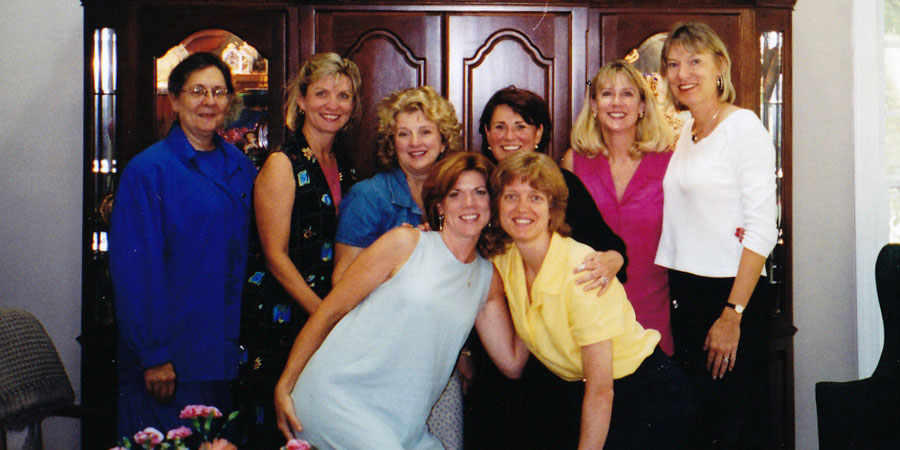In this third post on Dr. Sonia Lyubomirsky’s book The How of Happiness, I’ll explore two strategies consistent with the following truism: Happy people have better relationships. Not an earth-shattering revelation there, is it? After all, we’re wired for connection, so it stands to reason that those with high marks on the friends and family scale would find life more pleasant. But how do you move up the curve?
Practice acts of kindness. Happy people are more generous than their less rosy counterparts. Kindness and compassion come naturally to them. In addition to the moral dimensions of their behavior, altruism confers several tangible benefits:
- We perceive others more positively and charitably; we’re conscious of our interdependence and act accordingly.
- It heightens our capacity for gratitude; we give thanks for our blessings.
- It increases our self-confidence and sense of worth. We feel great when our contributions are appreciated, and we may master new skills in the doing of good deeds.
- It satisfies our basic need for connection; it prompts others to respond in kind.
- It assuages guilt.
Kindness does not demand much time, money, or talent. It asks that we elevate our awareness of others’ needs and find ways to meet them. Lyubomirsky’s research suggest that the greatest bang for the kindness buck entails concentrating planned activities (versus a little each day) and varying the contributions. You want it to feel fresh and meaningful, given freely and autonomously. She cautions against creating dependencies, getting puffed up about one’s generosity, and burning out.
My husband and I have been much more intentional about our charitable giving in recent years. Rather than giving small amounts to several nonprofits, we give a more meaningful sum to a designated charity each year. We’re also mindful about when and how we donate our time such that our contributions resonate deeply with our values.
Nurture Relationships. Lyubomirsky reports that happy people are really good at friendship, family, and intimate relationship. They have deep social connections that are mutually reinforcing. Here’s what they do to cultivate connection:
- They make time for their partner, family, and friends. They put dates on the calendar and work other obligations around them. Some have established rituals that routinely bring people together – e.g., Tuesday night beer after choir practice.
- The establish a media-free zone. They devote their full attention to their people; they don’t let cell phone interruptions send the message that something else might be more important.
- They make eye contact and are great listeners.
- They express their admiration, appreciation, and affection authentically and unreservedly.
- They take delight in others’ good fortune and readily offer a shoulder to cry on when things don’t go well. They are loyal and can be counted on for support.
- They manage conflict effectively when it arises.
- They share their inner life.
As an extrovert, I’ve always made an effort to sustain strong social connections. It takes time and energy to find companionable friends and to stay connected with them despite busy schedules. In some ways, COVID made that enterprise quite challenge. But it also got us acclimated to interacting with one another via video calls. I’m pleased to report that I have monthly Zoom calls with my gal pal group from Raleigh (even though we’re spread across 5 metro areas now), periodic happy hours with my dispersed choir buddies, on-line bridge with 3 other geographically dispersed friends, and regular one-on-one Zoom calls with other friends. And, of course, I still have my local choir pals, square dancing friends, book group friends, and neighborhood chums. They all enrich my life immeasurably.
